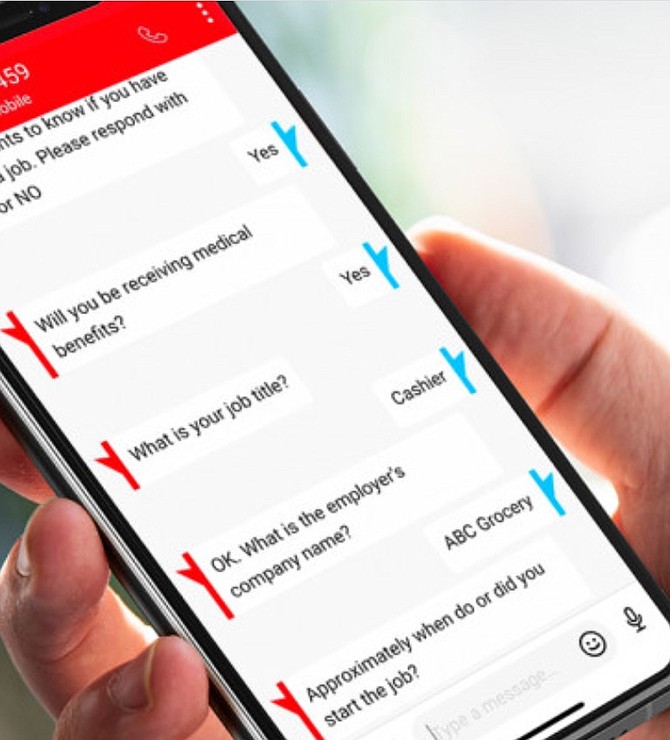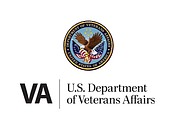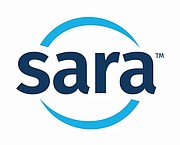AI revolutionizes care for VA, human services providers

Software engineer, KD Nygaard, had just finished designing an employment database for use by human service organizations. The Career Index (TCI) went live in 2010 and was a perfect instrument for clients looking for jobs in the Midwest. But KD left the project feeling something just wasn’t right, that he had only solved part of a bigger problem.
With slim budgets and high client/case manager ratios, the agencies had overworked case managers and high employee burnout. Since big problems come with big opportunities, KD set out to find out what their biggest problems really were by surveying over 750 case managers.
Big problems bring big opportunities
He found that case managers in the human services fields spent 80% of their time on data entry and documentation instead of counseling.
“These people hold advanced degrees and are highly trained. They got into the field to make a difference and help people — and here they were spending 30 hours a week doing data entry, “said KD.
KD recognized that regular check-ins were critical to client success. Yet, the caseworkers did not even have time to do it. “As a parent, I’ve learned that things tend to happen more if you follow up than if you don’t.”
KD began looking for a way to help alleviate some of this work and allow them to do the counseling that their clients really needed. “With my background in Artificial Intelligence (AI) programing and the onset of the smart phone — I thought that problem just might be solvable.”
Engineering the ideal employee
KD identified everything a case manager could have an assistant do and then set out to create a virtual assistant with the capacity to fill each role.
In 2010, the smart phone was becoming more popular. The number of texts sent well exceeded phone calls made by the average cell phone user. The idea of text messaging as a way to quickly and efficiently communicate was taking hold. KD saw that they could leverage texting as a way to check in with clients.
A virtual assistant that could check in with clients and gather information through a smart phone via text messaging would create a huge savings of time and money for organizations.
He and his team at TCI created a virtual assistant that could send out scheduled messages when it was time for a check in with a client. It could then understand and appropriately respond to incoming messages with follow up questions. Information gathered would be transferred into the case management system (CMS) and caseworkers notified when more attention is needed.
KD’s team spent three years in the R & D stages and field testing the AI. SARA, as she was affectionately named, was ready for hire. Highly trained, available 365 days a year, and never taking sick leave or vacation, she was the ideal addition to any team.
Finding focus with the SBDC
“The single most important thing we have done as a small business has been to focus” — KD Nyegaard
KD knew they would have to be judicious about marketing SARA. While the program had no capacity limitations, his small team certainly did.
“We knew that with this product the sky was the limit — there were so many opportunities — but to chase every one of them without focus would be the end of us.”
That’s where North Idaho College’s SBDC came in. “Our coach, Bill, was really good at honing in on the eight ball. He was constantly asking the questions of ‘How does this fit into your mission’ and ‘what is most important here’?”
“His mentoring was so helpful because he kept us focused. Sometimes you are so close to the bark you can’t see the tree, let alone the tree for the forest. If you can’t see the big picture, it is difficult to decide on any direction, let alone the right direction!”
Helping VA serve our veterans
When the Veterans Administration looked to modernize their systems and find more efficient ways to serve veterans, they looked to TCI’s SARA. With SARA (the VA calls it eVA), the VA could expect to minimize a case manager’s administrative time by 60-80%, saving thousands of staff hours annually.
An additionally attractive attribute of SARA is that clients can reach out to SARA when they need help. She has the ability to recognize issues that need a case managers attention, such as where to pick up a travel voucher or how to make an appointment. When a client uses language that indicates an at-risk situation, the message is red flagged, initiating an immediate response from a crisis team.
The VA acquired SARA on a sole source basis in May of 2019 with the aim of making SARA a central part of their modernization program. Eighteen months later, SARA was fully implemented across 12 time zones, helping manage 135,000 veterans on behalf of 1,500 VA staff. In terms of adoption of new programs by a governmental agency, this was considered lightning speed.
New horizons
Today SARA has worked for over 40 federal, state, and local agencies. SARA can work with any case management system (CMS), automatically uploading interview, emails, texts, documents, and images. She is able to communicate with other systems and identify co enrolled clients across agency boundaries and thus foster more coordinated efforts in their care.
TCI has led the way in client care through the COVID-19 pandemic. While lockdowns and quarantines prevented face to face meetings with clients, and mental health issues were on the rise nationally, agencies already using SARA were able to continue uninterrupted services for their clients.
TCI Operations Manager, Cody Dixon, attributes their success to clarity of the company’s mission and its leadership. “KD has never strayed from our mission, our goal. He makes sure everyone knows what the core mission is, the core problem of what we are trying to solve — that has trickled down to the team! Our motto has always been to do the right thing, the right way, for the right reason!”
KD reflects on that day 12 years ago when he was sure there was more he could do for his clients. With perseverance, focus, he and his team at TCI have revolutionized the delivery and efficacy of human services. And that just feels right.
To learn more about SARA, visit The Career Index at https://saraworks.com/
For more info on Business Coaching visit North Idaho College’s SBDC at https://nisbdc.com/
• • •
Katrina Boyer is the marketing assistant for the Idaho Small Business Development Center at North Idaho College.












